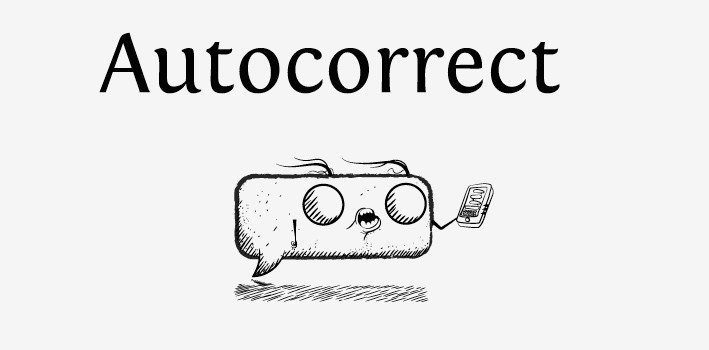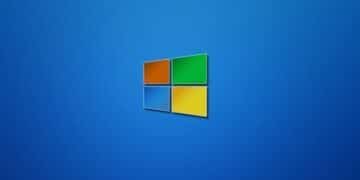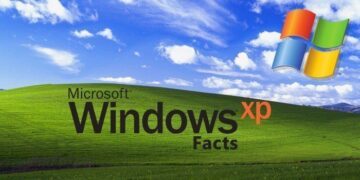Autocorrect really is a technological advancement that almost every person uses daily and sometimes without even realizing it.
I would estimate that during the average day of work I must have nearly 50 corrections in emails and documentation, be that spell-checking, automatic correction or grammar manipulation.
However much we hate the process on occasion it really is so much help for us all, but where did it come from?
It’s such an impressive concept, who developed this technology? Well that’s what we’re here to find out.
The Founder of Autocorrect
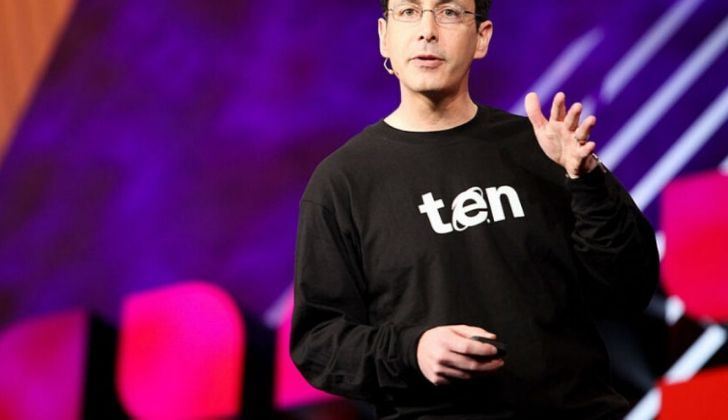
The founder was actually a gentleman that when starting work for Microsoft was allocated to the Word department, his name is Dean Hachamovitch.
Dean Hachamovitch based his concept on one that already existed in Word; the glossary.
Hachamovitch noticed the glossary could be manipulated to correct typing errors. He wrote a bit of coding designed to correct “teh” to “the” by pressing the left arrow and F3.
He later used the spacebar after realizing that the spacebar itself is a key used to separate words and could be used to force corrections.
The Birth of Autocorrect
Hachamovitch found a few common errors including; seperate vs. separate.
This was the moment autocorrect was born and with the sheer dominance of Microsoft (MS) as a company it’s hardly surprising it was such a success.
He even sought to irradiate the plight of the accidental caps lock ensuring it would instantly adjust itself after pressing of the spacebar, so DAn LEwis became Dan Lewis.
One day Hachamovitch went into his manager’s autocorrect dictionary and made some changes so that when “Dean” was entered it changed to “Mike”, one of Dean’s co-workers, and vice versa. This joke signalled the start of the funny side of autocorrect.
The Early Stages of Autocorrect
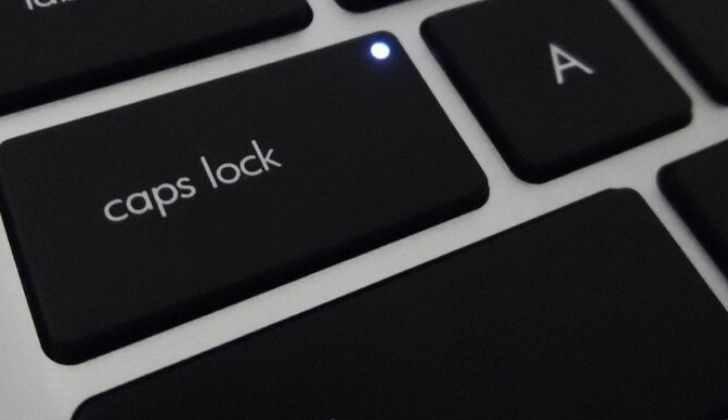
The caps lock correction feature had a huge issue, how would it handle exceptions like CDs and other necessary capitalised words?
Christopher Thorpe, an intern, was responsible for creating a master list of these particular words.
Thorpe wrote a script comprising of all MS employees custom dictionary manual entries and then entered all these into a corpus after a bit of editing, this list started with words like “abuzz” and “acidhead”.
Later versions of Word became even more efficient changing problematic homophone phrases like “their was” to “there was”.
How Autocorrect Tackled Bad Language
When it came to obscenities, Word wanted to incorporate them into its revolutionary feature without actually offering a correction, for obvious reasons.
The workaround was to further develop the “words which should neither be flagged nor suggested” list.
In turn if you type a so-called naughty word incorrectly the word comes up as incorrect, being underlined in red, but no alternatives are given.
The Cupertino Effect
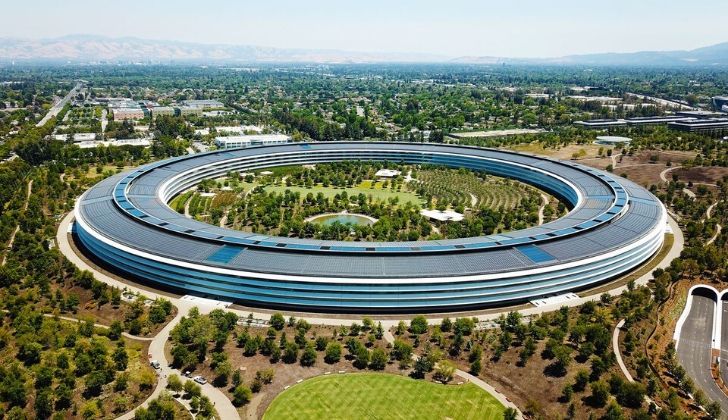
Word ’97 saw many – particularly politicians – start to notice the Cupertino effect.
This is where “cooperation” would be marked as incorrect and Cupertino given as a correction.
The term Cupertino effect is now a real thing, meaning an incorrect suggestion or replacement by a spellchecker, autocorrect or predictive text feature, it always amazes me how these terms come about.
The joy of comprising these lists, whether it be the “Words which should neither be flagged nor suggested” or the modern words, have outgrown that of any one man even Mr Thorpe himself with petabytes, 250 bytes, of public words being examined statistically to decide when one is popular enough to become a replacement.
Many things are considered when deciding whether a word can be offered as an alternative or autocorrected including; keyboard location, phonetic similarity and simply a word’s popularity.
Eventually some alternatives may even be dropped in favour of others.
Contextual Autocorrect
Apple now use a tailored, “contextual” autocorrect that realizes the language you use with some people and not others, for example that used with friends and not work colleagues.
Today the significance of autocorrect is everywhere.
It has even influenced those to create their own language, for example a Language Log blog commenter said about hearing an entire Asian based dialect where the local youth used the first autocomplete suggestion to create a kind of secret slang.
Word Was Just The Start
Following on from the world of Word’s autocorrect and spell-checker, many other companies and concepts have utilized its success or overall working for their own use.
Google Docs for example, have incorporated a feature that allows users to program abbreviations and when they are used they will automatically be written out in full, so WLAC would become “we love autocorrect”.
Mobile phones, particularly since the start of the 2010’s, have adapted the technology alongside predictive text with Apple even owning patents for how their devices process text entry.
In Conclusion
I now have a newfound appreciation for just the sheer ability and craft that went into this useful piece of technology, and yes, I really think autocorrect can be called technology.
It may not be as revolutionary as the PC but it made the task of proof reading theoretically so much easier.
I think any word-processing user owes a lot to Mr. Hachamovitch and next time something I purposely write correctly is autocorrected, I won’t simply get annoyed about it and curse the name of Microsoft!
Finally, whilst writing this I have indeed had numerous autocorrections – and I’m proud of it!
